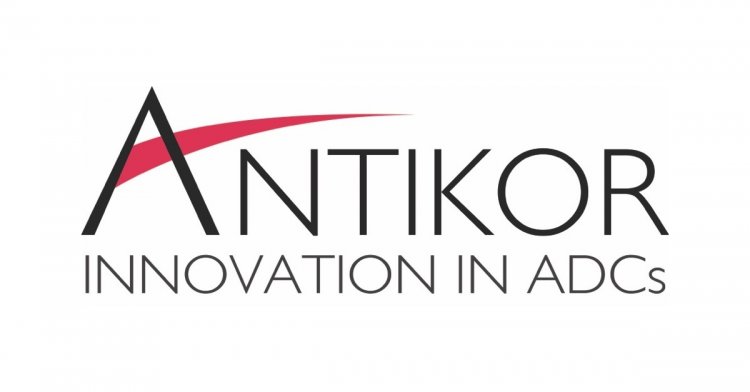Antikor Biopharma and Essex Bio-Technology Forge Strategic Alliance in FDC for Cancer Treatment

STEVENAGE, England: Biotechnology company Antikor Biopharma Ltd is pleased to announce that it has entered into an Investment Agreement for up to US$3,100,000 with Essex Bio-Investment, a wholly-owned subsidiary of Essex Bio-Technology Ltd (”EssexBio”), which will enable Antikor to consolidate and expand its position as a leading innovator in smaller-format conjugate therapies for solid tumors.
Mahendra Deonarain, Antikor’s CEO and visiting Reader in Antibody Technology at Imperial College London where Antikor has its roots, commented: “We believe we have a platform that is tailored to make an impact in an area of major unmet medical need, and with EssexBio’s considerable commercial and clinical expertise, we now have the opportunity for translating the promised advantages of Antikor’s proprietary products into clinical benefit.”
“We are excited to have established a strong alliance with Antikor”, said Malcolm Ngiam, President of Essex Bio-Investment, “Fragment-Drug Conjugate is an innovative approach with the potential to overcome many of the challenges faced by current treatment methods. The research and commercial partnership with Antikor is an important step towards developing a first-in-class treatment for cancer.”
Antikor’s novel technology platform will enrich Essex’s research pipeline and is aligned with EssexBio’s long-term research and commercial strategy.
Antibody Fragment-Drug Conjugates (FDCs)
Antibody Fragment-Drug Conjugates (FDCs, also called immuno-conjugates) combine the pharmacological potency of highly cytotoxic drugs with the high specificity of an antibody against tumor-associated targets. FDCs comprise much smaller antibody fragments (single-chain scFvs) than ‘whole’ antibody-drug conjugates (ADCs). FDCs are relatively easy to discover and can be bioengineered for multiple drug-molecule conjugations, leading to higher loadings than has so far been achieved with the whole mAbs. FDCs demonstrate superior tumor penetration and rapid elimination from normal tissues, without running the risk of problems with product manufacturing or stability.1 As a next-generation cancer therapy that can overcome the many limitations of existing treatment options, FDCs have exciting market potential, with predicted sales of drug-conjugates of over $18 billion by 2022.















































